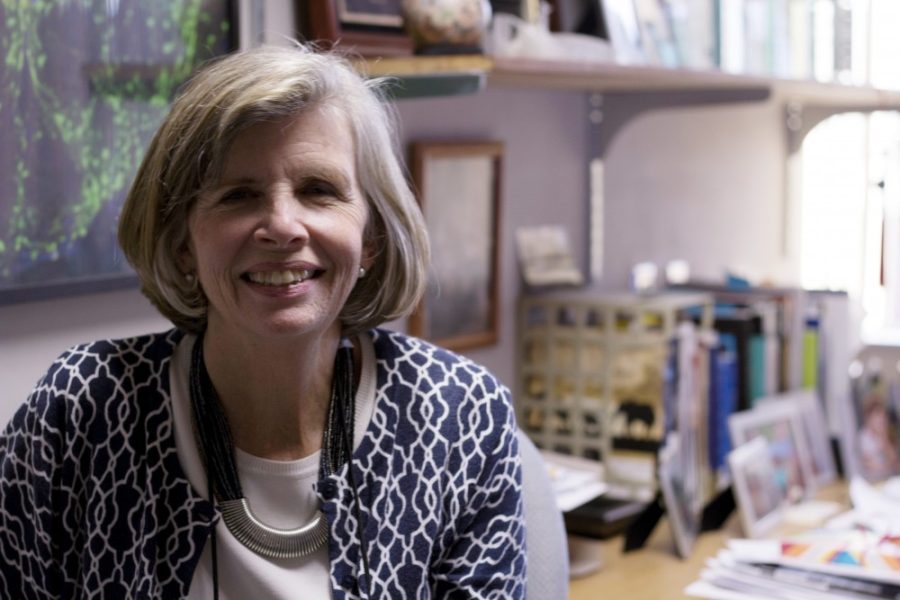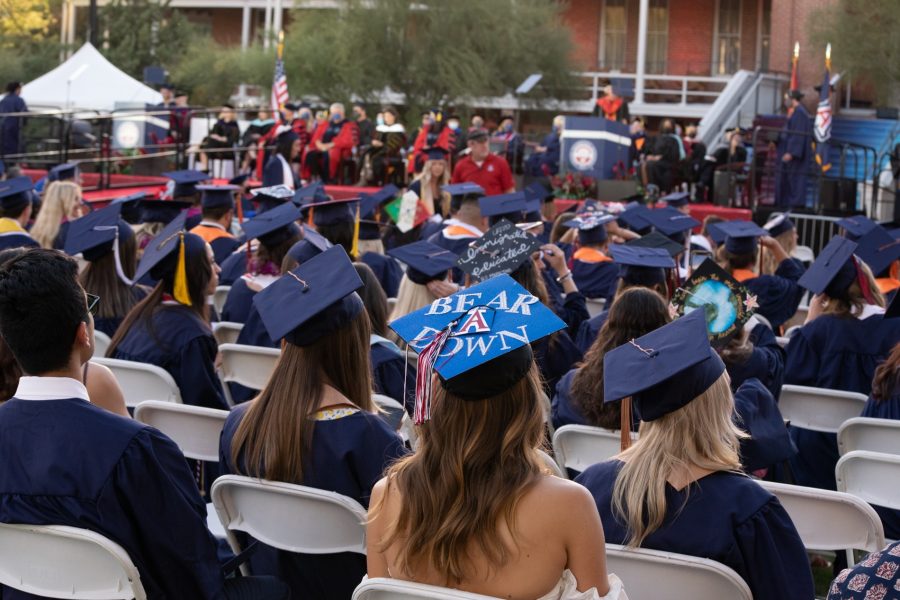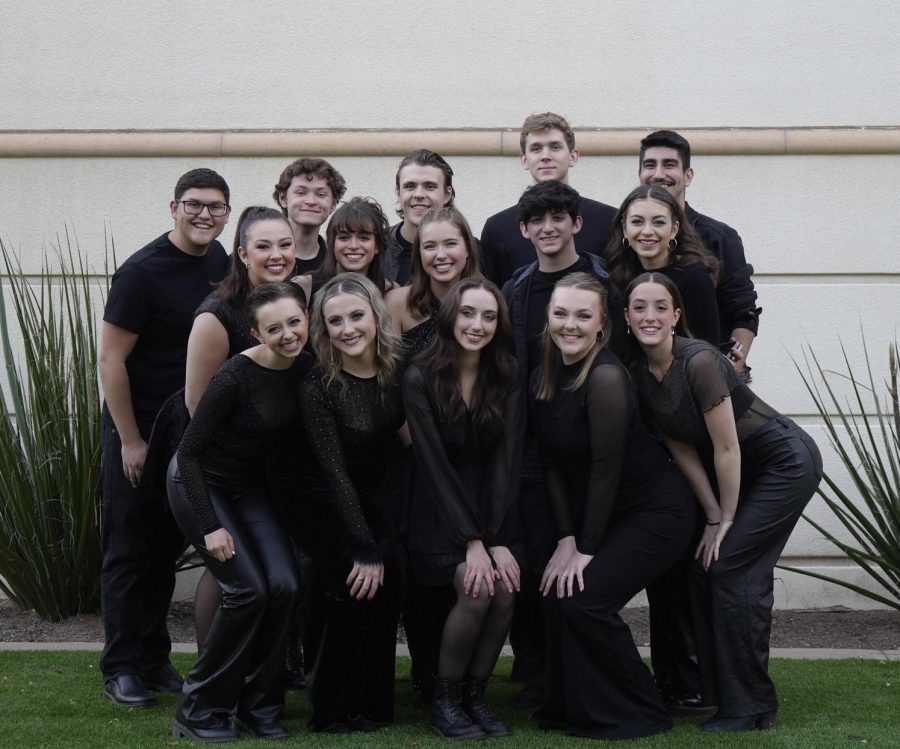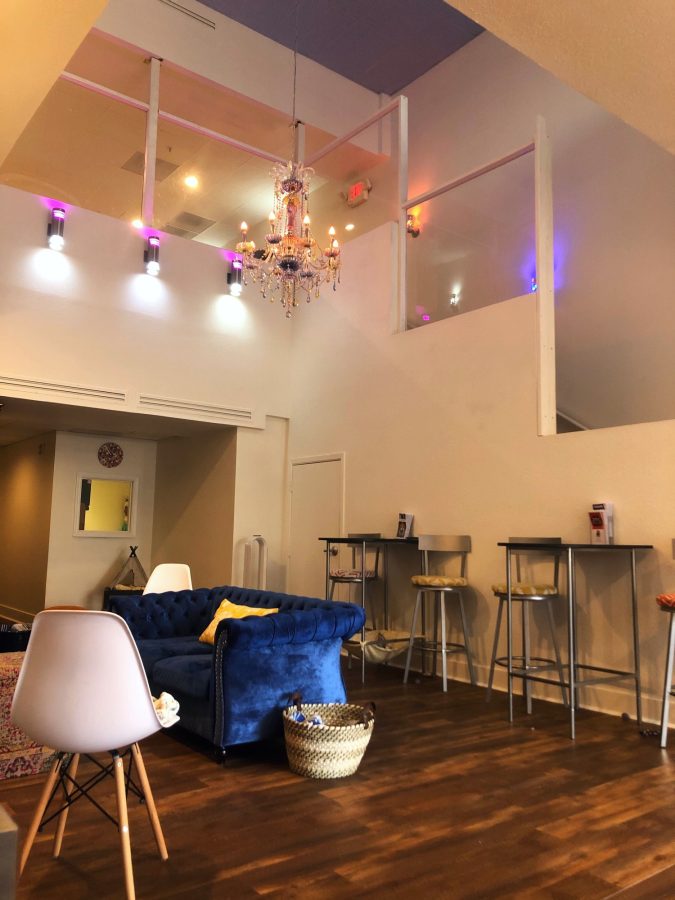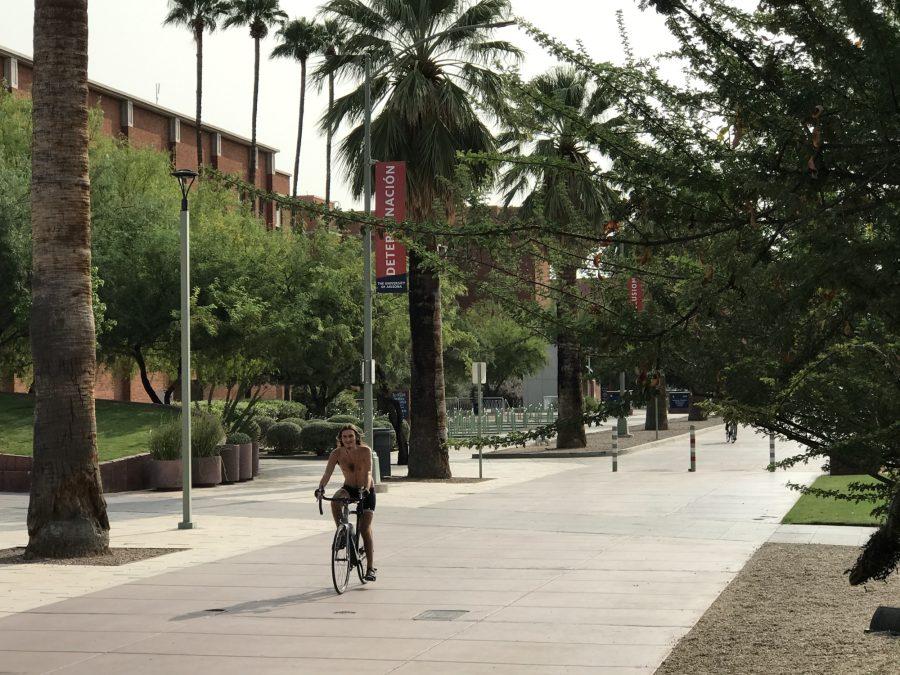UA Alumna brings water to the world
Since graduating from the UA in 1991 with a Bachelor of Science in civil engineering, Marla Smith-Nilson has founded and become the executive director of Water1st International. The foundation, started in 2005, builds water supply and sanitation systems for poor communities around the world. The foundation also provides training to community members so they can operate these systems independently. The Seattle based foundation is currently working in Honduras, India, Bangladesh and Ethiopia, and Smith-Nilson said they are about to start in Mozambique.
In the 11 years the foundation has been working, Smith-Nilson said the foundation is raising more money and in turn is able to provide more support to the organizations they work with in different countries.
“What I’m really happy about is that we had a mission and a vision for how we wanted to work when we started and we stuck with it,” Smith-Nilson said. “That can be hard to do in a field like this where there’s so much need and you can get pulled in a lot of different directions.”
Smith-Nilson said the foundation knows the status of all its projects and they are all operating now. In the future, she hopes the foundation will continue to grow.
“To solve a problem like this that affects literally billions of people around the world, we need to keep going and keep working towards the day when everyone has access to these really basic necessities,” she said.
The impact of angry employees
UA doctoral student Daphna Motro found in her study on how emotion impacts people’s behavior at work that anger increases unethical, cheating behavior and guilt decreases unethical behavior. Motro, a fifth-year doctoral student in management and organizations, said this is because anger can make people impulsive, which can lead to unethical behavior.
For the research, Motro conducted two studies using participants from the UA. Participants first wrote about a time when they were feeling highly angry or guilty, because Motro said research has shown that remembering a time when one is really emotional or angry and cause those feeling to “re-experience” the emotion. Participants then completed a simple math or visual task and then paid themselves based on their performance.
“It’s very clear when they get something right or wrong, so if they overpay themselves it’s sort of an indication that they’re cheating or stealing,” Motro said.
In the research, Motro found angry people tended to take more “undeserved money” while guilty-feeling people took less money. These results were compared to a neutral group of participants, who completed the tasks after writing about the last room they were in.
For future studies, Motro said she wants to look at what the processes are between emotion and ethical behavior.
“If we look at specifically what’s the reason why anger is affecting unethical behavior, we can better understand how to stop it,” Motro said.
New AAAS Fellow elected
The American Association for the Advancement of Science has elected UA Regents’ Professor Leslie Tolbert as one of its fellows. The association is the “world’s largest multidisciplinary scientific society,” according to its website.
Tolbert, who has worked at the UA since 1987, holds a joint appointment in the department of neuroscience and in cellular and molecular medicine in the UA College of Medicine. Tolbert said she has been a member of the association for years but her election as a fellow is a “very happy surprise.”
The AAAS chose her for this award because of her research on glial cells and cells in the nervous system, as well as her work with academic research. Tolbert was UA’s vice president for research from 2005 to 2013, and she said she enjoyed working with a broad range of people all over campus.
Tolbert’s research looks at how glial cells help shape how nerve cells make connections with each other. She said she loves teaching and that being elected as a fellow is a “really, really wonderful honor.”
Follow Ava Garcia on Twitter.



